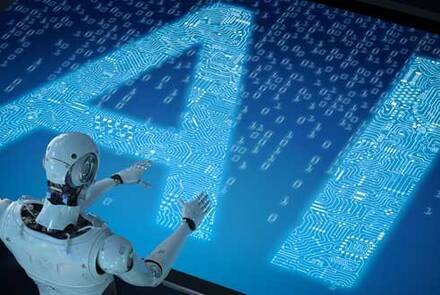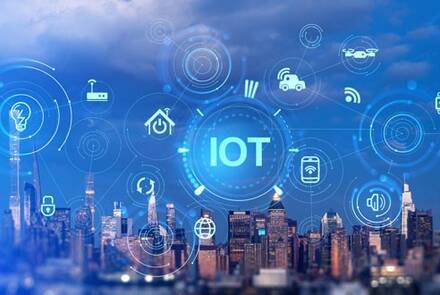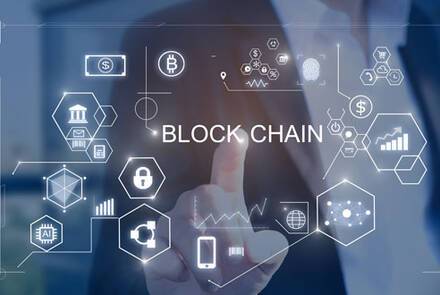Digital Transformation in Education
Digital transformation has profoundly reshaped the education landscape, ushering in a new era of innovative learning experiences. The integration of digital technologies, from e-learning platforms to personalized learning solutions, is driving significant changes in how students learn, and educators teach. This article delves deeper into how these technologies are revolutionizing education and creating new opportunities for engagement, collaboration, and personalized learning.
E-Learning Platforms: Redefining Accessibility and Flexibility
- Accessible Learning Resources: E-learning platforms provide a vast array of educational resources—from video lectures to interactive modules, simulations, and eBooks—allowing students to access learning materials anytime, anywhere. This flexibility breaks down traditional barriers to education, making it easier for students to learn at their own pace and on their own schedule.
- Remote Learning Capabilities: With the advent of digital platforms, education is no longer confined to physical classrooms. Remote learning, enabled by these platforms, allows students from different parts of the world to connect with educators and peers, regardless of geographical limitations. This has been particularly important during global disruptions, such as the COVID-19 pandemic, where education continued seamlessly through virtual means. These platforms enable real-time interaction, asynchronous learning, and access to global education resources.
Personalized and Adaptive Learning: Tailoring Education to Individual Needs
- Adaptive Learning Algorithms: One of the most transformative aspects of digital education is the use of AI-driven adaptive learning algorithms. These tools can analyze a student's performance, learning pace, and preferences to adjust content delivery accordingly. By identifying gaps in understanding or areas where a student excels, these algorithms help create a more personalized learning experience, leading to improved engagement and outcomes.
- Customized Learning Paths: Personalized learning paths are a game-changer for both students and educators. These paths are tailored to individual strengths, weaknesses, and interests, allowing students to follow a curriculum that addresses their unique learning needs. With such tailored experiences, students are more engaged and motivated, as they can focus on areas they find challenging or exciting. This fosters a more engaging and effective learning process that can be particularly beneficial for students with diverse learning styles or those who require additional support.
Interactive and Engaging Content: Redefining How Students Learn
- Multimedia and Interactive Materials: Digital transformation introduces multimedia content and interactive learning modules that significantly enhance the traditional learning experience. Gamified learning elements, videos, quizzes, and simulations make education more engaging and accessible, promoting active learning. This type of content helps learners retain information more effectively by providing opportunities to apply knowledge through practice rather than passive absorption (See also: How Gamification Increases Engagement and Motivation in Digital Learning).
- Virtual Reality (VR) and Augmented Reality (AR): VR and AR technologies are revolutionizing education by offering immersive, hands-on learning experiences. In subjects such as history, biology, or engineering, students can explore virtual environments, interact with simulations, and engage with 3D models, deepening their understanding through experiential learning. For example, medical students can simulate surgeries, while geography students can explore virtual representations of global landmarks—experiences that would be impossible in traditional classrooms.
Collaboration and Communication: Fostering Connections in a Digital World
- Online Collaboration Tools: Digital platforms enable collaborative learning, which is crucial for the development of communication, teamwork, and problem-solving skills. These platforms facilitate group projects, discussions, and collaborative activities through tools such as shared workspaces, video conferencing, and real-time messaging. Students can now collaborate synchronously or asynchronously, enabling more flexibility in how and when they work together. This fosters a culture of cooperation and peer learning that extends beyond geographical boundaries.
- Enhanced Teacher-Student Interaction: Improved communication channels have enhanced the interaction between educators and students. Digital platforms enable instant messaging, video calls, and discussion forums, allowing for more personalized, continuous support. This level of interaction fosters mentorship, timely feedback, and a deeper connection between students and teachers, ultimately contributing to improved learning outcomes and student satisfaction.
Data-Driven Insights: Harnessing the Power of Analytics
- Learning Analytics: The integration of digital tools in education has made learning analytics more accessible. These analytics track student progress, engagement levels, and performance metrics, giving educators a deeper understanding of each student’s learning journey. Teachers can use these insights to adjust their teaching strategies and provide targeted interventions to students who may be struggling or excelling, ensuring that every learner receives the support they need.
- Predictive Analytics for Interventions: Beyond analyzing current performance, predictive analytics can help identify students at risk of falling behind, enabling proactive interventions. By analyzing patterns in student data—such as engagement, participation, and assessment scores—educators can intervene early to offer additional support, personalize instruction, and prevent students from falling through the cracks.
Access to Global Education
- Global Learning Opportunities: One of the most exciting aspects of digital transformation in education is the ability to connect students to global learning resources. Through online platforms, students can access courses from prestigious universities, engage in virtual internships, and participate in international conferences. This not only broadens their educational experience but also exposes them to diverse perspectives and cultures, enriching their worldview.
- Cross-Cultural Exchanges: Digital platforms enable virtual classrooms and collaborative projects that bring together students from around the world. These opportunities for cross-cultural exchanges promote a deeper understanding of global issues, foster cultural appreciation, and prepare students to thrive in an increasingly interconnected world. Collaborative projects allow students to engage with peers from different countries, learning to navigate cultural differences while working towards common goals.
Conclusion
The digital transformation of education is more than just a shift from physical classrooms to virtual ones—it’s a comprehensive reimagining of how learning occurs. From personalized learning paths and adaptive algorithms to immersive VR experiences and global collaborations, the integration of digital technologies is revolutionizing education. As technology continues to evolve, the potential to create more engaging, inclusive, and effective learning environments will grow, offering unprecedented opportunities for students and educators alike.
For more information about Trigyn’s Digital Transformation Services, Contact Us.






